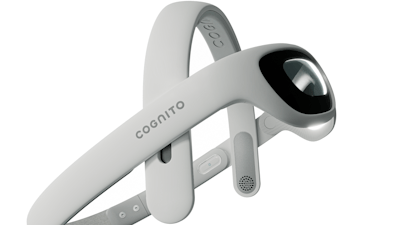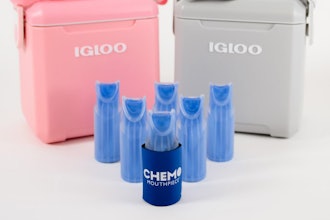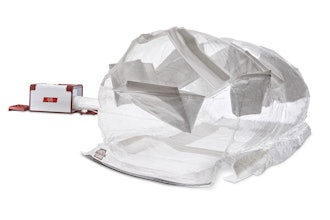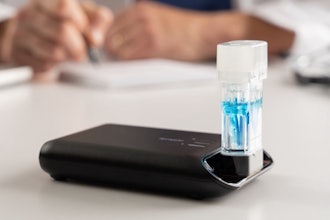
Cognito Therapeutics said its proprietary gamma sensory stimulation at 40Hz over a 6-month period reduced white matter atrophy in the brain for patients with Alzheimer’s Disease, according to new data presented at the Alzheimer’s Association International Conference 2022.
Alzheimer’s Disease (AD) is the most common form of dementia. Although white matter atrophy is observed in normal aging, it is more pronounced in AD patients. White matter degeneration, myelin loss and oligodendrocyte damage in AD patients suggest that white matter can be a mechanistically important target for AD.
The data presented from the OVERTURE study and the Alzheimer’s Disease Neuroimaging Initiative (ADNI1) database, suggest that Cognito’s 40 Hz gamma sensory stimulation therapy for a 6-month period may reduce white matter atrophy, protect axons, and possibly prevent myeline and oligodendrocyte damage in AD patients. Given the crucial role of white matter connecting expansive brain regions, preventing or reducing its atrophy may diminish AD disease progression.
The OVERTURE study treatment group participants received 1 hour of Cognito’s daily 40Hz simultaneous auditory-visual sensory stimulation at home for a 6-month period with placebo group participants receiving sham stimulation. Analysis between the groups suggested a difference in white matter atrophy favoring the treatment group. To compare the treatment group with a larger control group, Cognito studied ADNI1 data as well.
The OVERTURE study treatment group participants exhibited 0.38±0.82 percentage increase and ADNI1 study participants exhibited -2.45±0.40 percentage decrease in white matter volume after a 6-month period (p<0.004).
Cognito also presented OVERTURE study results at an AAIC Featured Research Session titled: Neuronal excitation/inhibition imbalance contributes to Alzheimer’s disease pathology and represents potential target for treatment. Summary results of OVERTURE clinical trial demonstrated that gamma sensory stimulation is safe and well tolerated, and efficacy outcomes indicated beneficial clinical effect, including maintained cognitive and functional abilities, reduced brain atrophy and improved sleep quality.






















